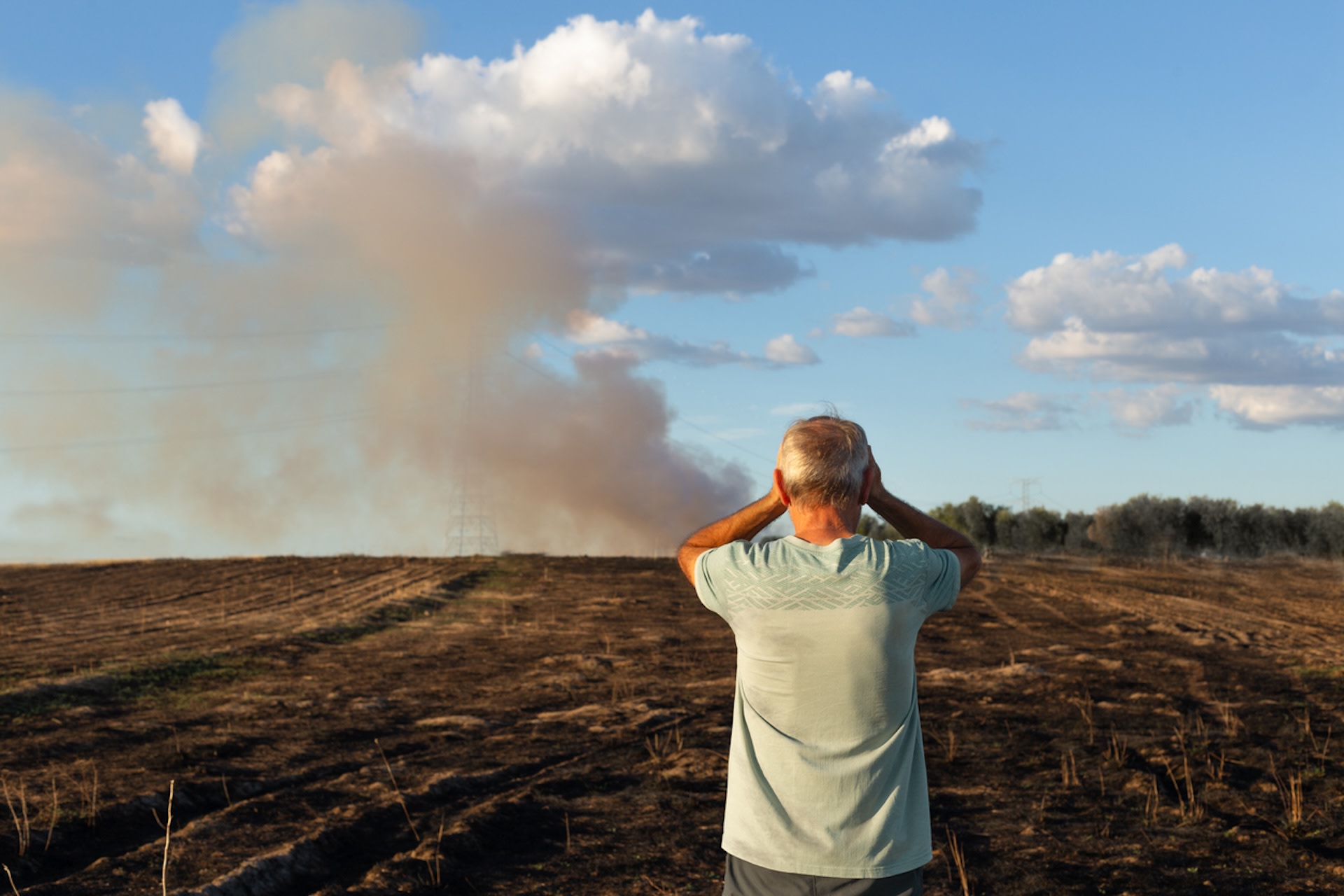Tech
New study underscores alarming consequences of wildfires: ‘All too often we’re overlooking these mental health impacts’

New evidence suggests a connection between wildfires and mental health, as medications treating conditions like depression and anxiety increased after these events.
What’s happening?
Medical Xpress reported on a study from researchers at the University of Washington that found an uptick in prescriptions to treat depression and anxiety or to stabilize mood in the six weeks following wildfires.
The team used prescription data, commercial insurance claims, and pharmacy records. The research was focused on California, zooming in on the impact of 25 large wildfires across the state from 2011 to 2018.
Though many studies look at the physical impacts of wildfires, very few focus on the mental health impacts, according to the authors.
“All too often we’re overlooking these mental health impacts,” lead author Zack Wettstein said, per Medical Xpress. “There are a lot of vulnerable groups of people and these fires have substantial mental health impact(s) we need to prepare for.”
Why is this study concerning?
As our planet continues to overheat, we can expect to see longer and more severe wildfire seasons, according to NOAA. It’s already gotten so bad in California that one major insurance carrier decided to stop offering new policies in the state.
But it’s not just California that will feel the impacts of wildfires in the coming decades — according to one group of researchers, even regions that have been relatively safe from these natural disasters will need to start preparing for them as global temperatures continue to spike. One study estimated that more than 125 million Americans will be exposed to at least one day of unhealthy air quality — largely due to increased wildfires — by mid-century.
Meanwhile, wildfire smoke isn’t the only air pollutant that’s been tied to mental well-being. For instance, air pollution in China has been correlated with higher suicide rates among older people.
What’s being done about wildfire smoke?
One way to help curb the health impacts associated with increasingly devastating wildfire seasons is to reduce our dependence on planet-heating energy sources such as natural gas, oil, and coal.
To that end, cities across the globe are implementing more planet-friendly policies to cut down on pollution. For example, New York City will require all Lyfts and Ubers to be electric vehicles by the year 2030. Plus, Tokyo is requiring most new buildings to have solar panels, and Los Angeles outlawed gas power in all newly constructed buildings.
You can pitch in by signing up for community solar, getting an induction stove, or installing solar panels of your own.
Join our free newsletter for weekly updates on the coolest innovations improving our lives and saving our planet.










